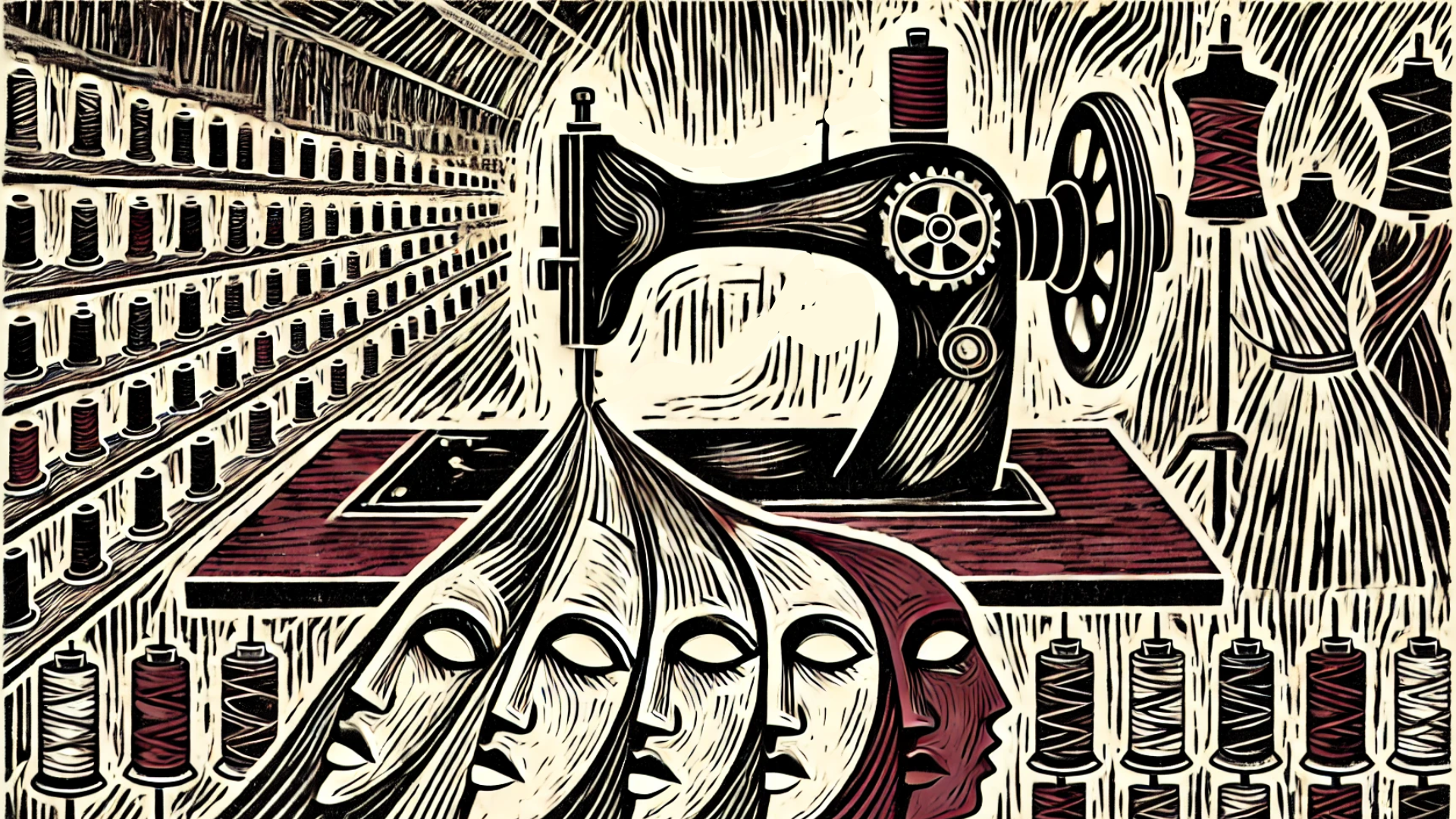Violence, discrimination, and the failure to reform

The grounds for a historic mass uprising in the country last year was laid by many factors over the years. Among them were an authoritarian rule, a thoroughly repressive regime, total surveillance over people, and severe restrictions on freedom of expression. Elections became a farcical exercise. Courts, police, and universities—these institutions ceased to function as they should, operating instead under orders from above. There was also an unprecedented level of corruption and crime, alongside indiscriminate killings and atrocities aimed at suppressing public discontent. The mass uprising took place to break free from this unbearable situation, with the expectation that a democratic environment would be established, one where people would be freed from physical and mental repression, where tolerance would flourish instead of revenge and hatred, and institutions would become effective. A major expectation behind the uprising was that reforms would lead to a Bangladesh free from discrimination.
Fast forward a year, there is growing disappointment and a sense of broken expectations among the people. Over the past year, the word "reform" has been heard more often than ever before, yet the interim government has hardly employed reforms to ensure people's safety, strengthen the economy, or make institutions effective. One year on, no effective change in governance is visible. Recently, violence in several universities escalated sharply. A garment worker was killed by police—again. Attacks on political leaders and political party offices are also ominous signs.
Despite promises of a discrimination-free Bangladesh, discrimination has increased in many forms. Unemployment has risen and precarious work now dominates the job market. A large number of people work in the informal sector, but the legitimate demands of many from this group have been met with either indifference from the government or punitive actions from law enforcement agencies.
Recently, we also witnessed cases of mob violence, the collapse of the legal system, and violation of public rights. A discussion meeting on the topic of the Liberation War was organised by a group of people. Before the scheduled meeting could even begin, a group of outsiders assaulted the speakers physically and verbally, using aggressive and offensive language. Present at the meeting were several senior freedom fighters. Among them, Abdul Latif Siddiqui—an elderly man, a former politician expelled from the Awami League, and a freedom fighter—was subjected to serious mistreatment. Sheikh Hafizur Rahman Karzon, a law teacher at Dhaka University, was also harassed, as was journalist Monjurul Alam Panna. When the police arrived at the scene, instead of suppressing or arresting the perpetrators, they arrested the victims. A day later, the victims were charged under the Anti Terrorism Act. It is shocking that the government should file cases against the victims rather than those responsible for violence. Equally astonishing was the court's decision to send them to prison as accused in an anti-terrorism case. This demonstrates that institutions continue to operate under orders from above, just as before.
If a discussion meeting or expression of opinion is deemed problematic, the proper response is to hold 10 more meetings in counterargument. During Sheikh Hasina's era, we repeatedly emphasised that it should be "words against words, writing against writing, opinion against opinion." This is how constructive debate can enrich the social fabric. To attack people for their words, or to arrest, detain or imprison them for their opinions, is absolutely unacceptable. This is precisely a fascist attitude we are witnessing, once again. It is the government's obligation to ensure that such incidents do not recur. If someone commits a crime or engages in activities against the national interest, the government must address it through legal procedures carried out with full transparency.
During the recent spate of violence at several university campuses, we saw administrations—for example, at agricultural university—behaving just like their predecessors, harbouring thugs or using them to attack general students. At Chittagong University, the administration contacted law enforcement to intervene, but they failed to respond in time. These incidents raise reasonable questions: how could such violence be allowed to escalate when it could be stopped? Why were provocations made instead of preventive action being taken?
It also appears that national interests are not a priority for the government. Instead of developing national capability, it focuses on signing questionable deals with foreign companies without tenders—a practice Sheikh Hasina also pursued—or on entering agreements without informing the public about the contents of the deals.
With only a few months left until the election takes place, as announced, the sole responsibility of the government now is to implement the necessary reforms and create an environment conducive to a credible election. Therefore, the key questions are whether the government will prevent further deterioration of law and order, whether it will take a strict stance against those engaged in violence, and whether it will move towards holding an acceptable election. The primary responsibility rests with the government, and only through the fulfilment of this obligation can Bangladesh hope to overcome the current uncertain situation.
Anu Muhammad is a former professor of economics at Jahangirnagar University.
Views expressed in this article are the author's own.
Follow The Daily Star Opinion on Facebook for the latest opinions, commentaries and analyses by experts and professionals. To contribute your article or letter to The Daily Star Opinion, see our guidelines for submission.




 For all latest news, follow The Daily Star's Google News channel.
For all latest news, follow The Daily Star's Google News channel. 

Comments